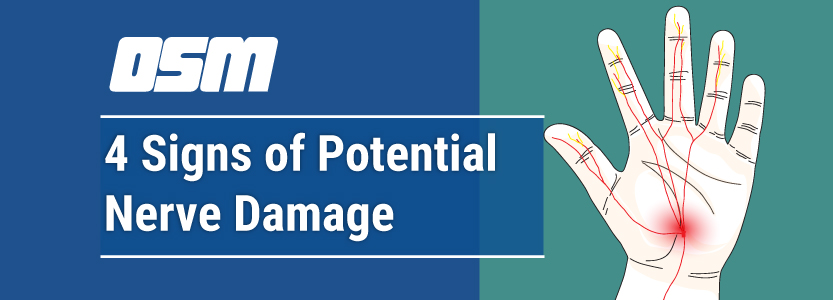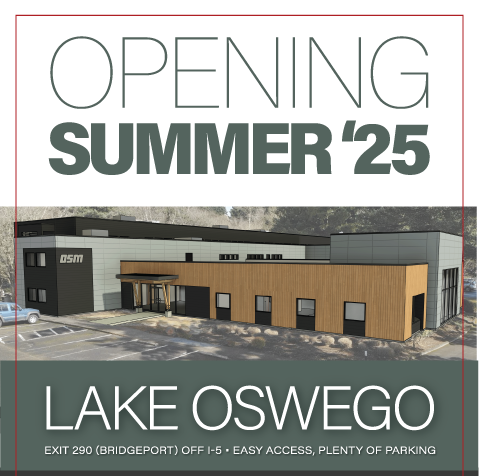4 Signs of Potential Nerve Damage
Article featured on the American Society for Surgery of the Hand
Nerves can be damaged in a number of ways, and it often happens with some type of injury. Did you suffer some sort of trauma like a car accident? If so, your nerve may have been crushed or torn (an avulsion). Did you suffer from a serious cut from a knife or machine? If so, the cut may have gone deep enough to damage your nerve.
These injuries are most certainly painful and may result in a variety of symptoms. Here are four signs that you’ve suffered from nerve damage:
- Your skin feels numb in certain areas near the injury site
- You feel weakness near the injury site
- You are unable to perform certain movements
- You feel pain at the site of the injury or along the nerve
If your nerve injury was severe enough, there’s a chance you’re suffering from these symptoms constantly. If your hand surgeon has confirmed your nerve injury, you will likely need to have the nerve repaired. Nerves are essentially the body’s telephone system. They send messages to your brain that tell the body to move, indicate when the body feels pain or too much pressure, or tell your brain when something is too hot or too cold. When the nerves are injured or cut, these messages can no longer make it to the brain, which explains why you may feel numb or unable to move the affected limb.
Treating nerve damage depends on your specific circumstances and how severe your injury was. Your hand surgeon will examine you and work with a neurologist to perform tests such as an EMG or NCS. Unfortunately, the longer you’ve suffered from the nerve damage, the harder it may be to treat.
In a nerve repair surgery, your hand surgeon may be able to stitch the nerve back together. If your injury is more severe, your surgeon may need to use a nerve graft, which is a piece of nerve that can bridge the two ends of your cut nerve to help it come back together. Even after surgery, nerves grow very slowly, only about one inch per month. If your injury was severe, it may take months for your nerve to grow back, and you may not regain all of the function you originally had.
If you think your nerve is damaged, contact your hand surgeon as soon as possible.
The Orthopedic & Sports Medicine Center of Oregon is an award-winning, board-certified orthopedic group located in downtown Portland Oregon. We utilize both surgical and nonsurgical means to treat musculoskeletal trauma, spine diseases, sports injuries, degenerative diseases, infections, tumors and congenital disorders.
Our mission is to return our patients back to pain-free mobility and full strength as quickly and painlessly as possible using both surgical and non-surgical orthopedic procedures.
Our expert physicians provide leading-edge, comprehensive care in the diagnosis and treatment of orthopedic conditions, including total joint replacement and sports medicine. We apply the latest state-of-the-art techniques in order to return our patients to their active lifestyle.
If you’re looking for compassionate, expert orthopedic surgeons in Portland Oregon, contact OSM today.
Phone:
503-224-8399
Address
1515 NW 18th Ave, 3rd Floor
Portland, OR 97209
Hours
Monday–Friday




